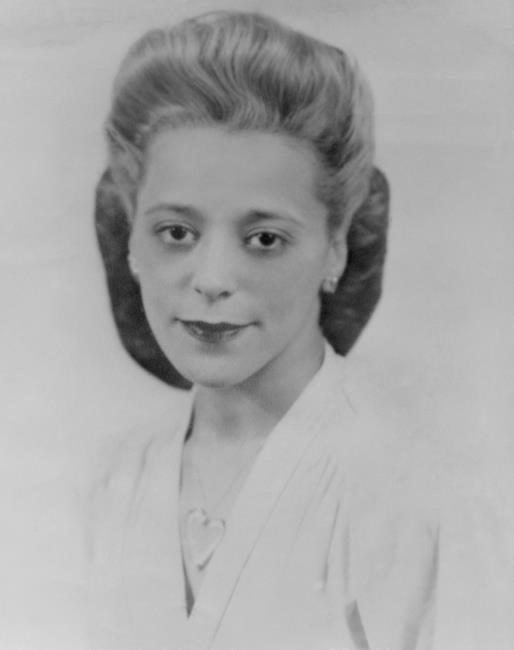What is the significance of Black History Month in 2021?
Eight months after the groundswell of social activism sparked by the police killing of George Floyd in Minneapolis, Minn., it’s a question that holds many answers.
For many Black Canadians, each one can be deeply personal and nuanced.
We asked some Black Canadian leaders and artists to offer their perspectives on both celebrating and contending with our country's own Black history and the path forward in the years to come:
Celina Caesar-Chavannes
Who: Former Liberal MP and author of memoir “Can You Hear Me Now?”
“(Black History Month) should have a new meaning for a lot of people, especially when we consider the context that we're living in. We've been having Black History Month all year. Right? However, I don't think we've been actually having the ‘history’ part. We've been having conversations about racism. But I don't think we've been digging deep into the history from a Canadian perspective ... If we were to do this correctly, we would leverage Black History Month this year to understand the root causes of present-day trauma. You can't move forward when most of the people don't understand what we're moving forward from.”
Duane (D.O) Gibson
Who: Hip-hop musician, and motivational speaker about Black history at Canadian schools.
"I want Black Canadian history to be something we continuously learn. A lot of times, we gravitate towards headlines and tags. I like to go a little bit deeper. (For example), we learn Viola Desmond sat down in a movie theatre, but are we asking ourselves why she was out of town? Well, it’s because she was a Black business woman at a time where there was not a lot of Black business people. (She’s) a trailblazer and I think it’s important to recognize her contributions as an entrepreneur."
Aly Ndiaye
Who: Hip-hop artist known as Webster and author of “Le Grain de Sable,” a children’s book about Olivier Le Jeune, Canada’s first documented Black slave.
"Black History Month is important because it's the time of the year where we can focus on the history. But it's too easy for people to step in, in February, and step out in March. We have to bring it to the people through pop culture, whether it be songs, through films or through drama (theatre). Art is more digestible for the people. If you shoot a movie about it you probably will have more people watch the movie than read the book about this history. If you decide to tell this history through song, you have a lot of people who will be able to learn to that song."
Dominique Fils-Aime
Who: Quebec singer whose doo-wop and soul record “While We Wait,” due Feb. 12, completes a trilogy of albums on Black-American music.
"From the beginning, I realized that I was not satisfied with (what) we could find in books when it came to Black history. All the information I didn't necessarily learn in school was trapped in another format. It’s as if the emotional history is trapped in music. Every one of these albums came out during February, and it was to underline the connection with the music and the musical genres that we are kind of paying tribute to in a way. I think as long as people are opening their mind, stepping into this month willing to discover, learn or celebrate something, the goal has been achieved."
Natasha Henry
Who: President of the Ontario Black History Society
"We are at this juncture, given what we're coming off of this past spring in summer, that needs to go beyond learning. We need to be involved with, and demand, that some substantive action and change take place from governments and institutions. I would like to see a real and intentional and critical centring of Black History Month that helps to move things forward. It's not just a celebration, it's not just food. And it's not just in music. It's picking it up critically in a way to help effect change."
– These interviews have been condensed and edited for clarity.
This report by The Canadian Press was first published Feb. 2, 2021.
David Friend, The Canadian Press



